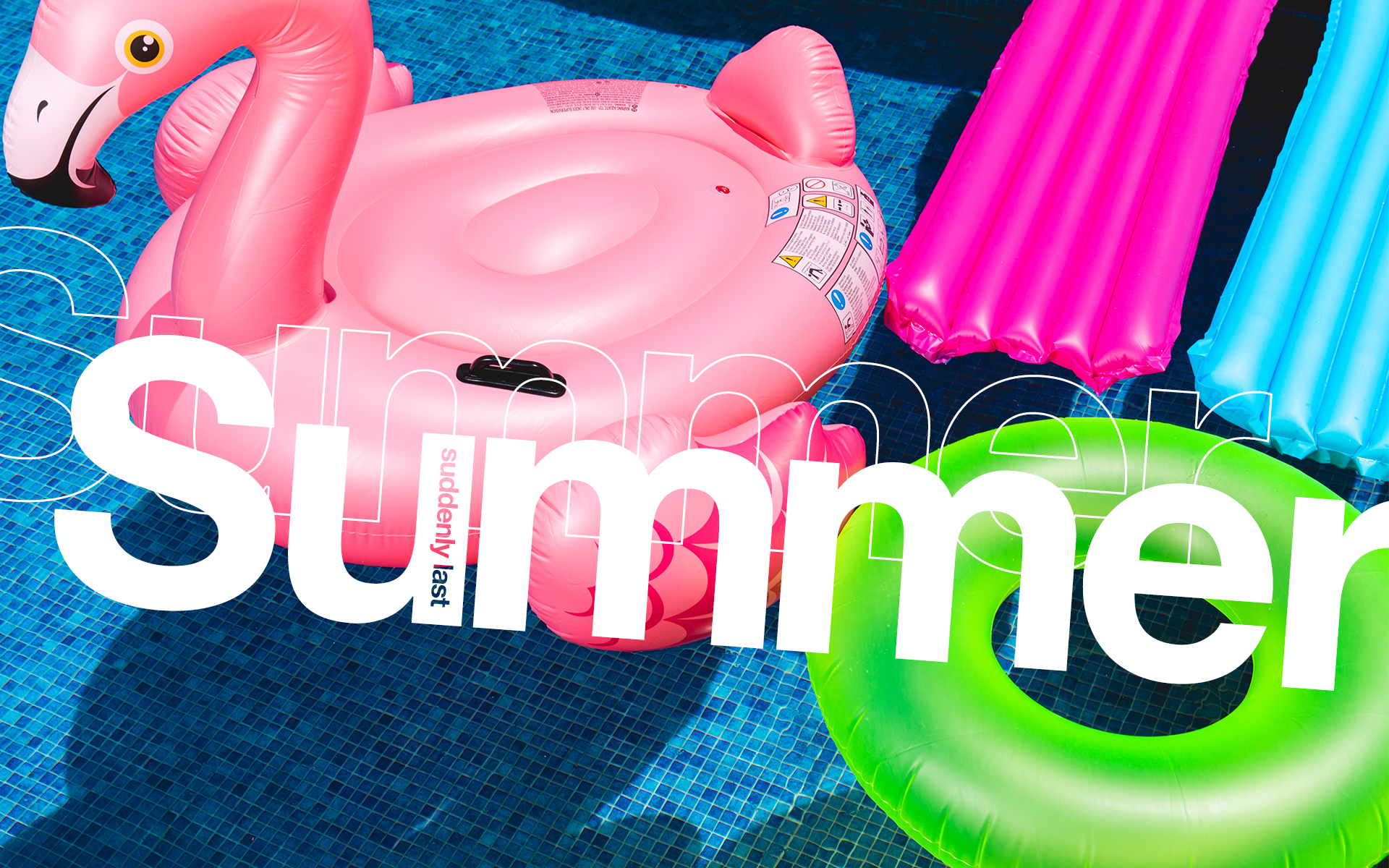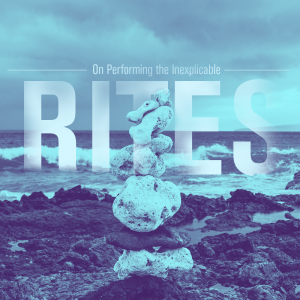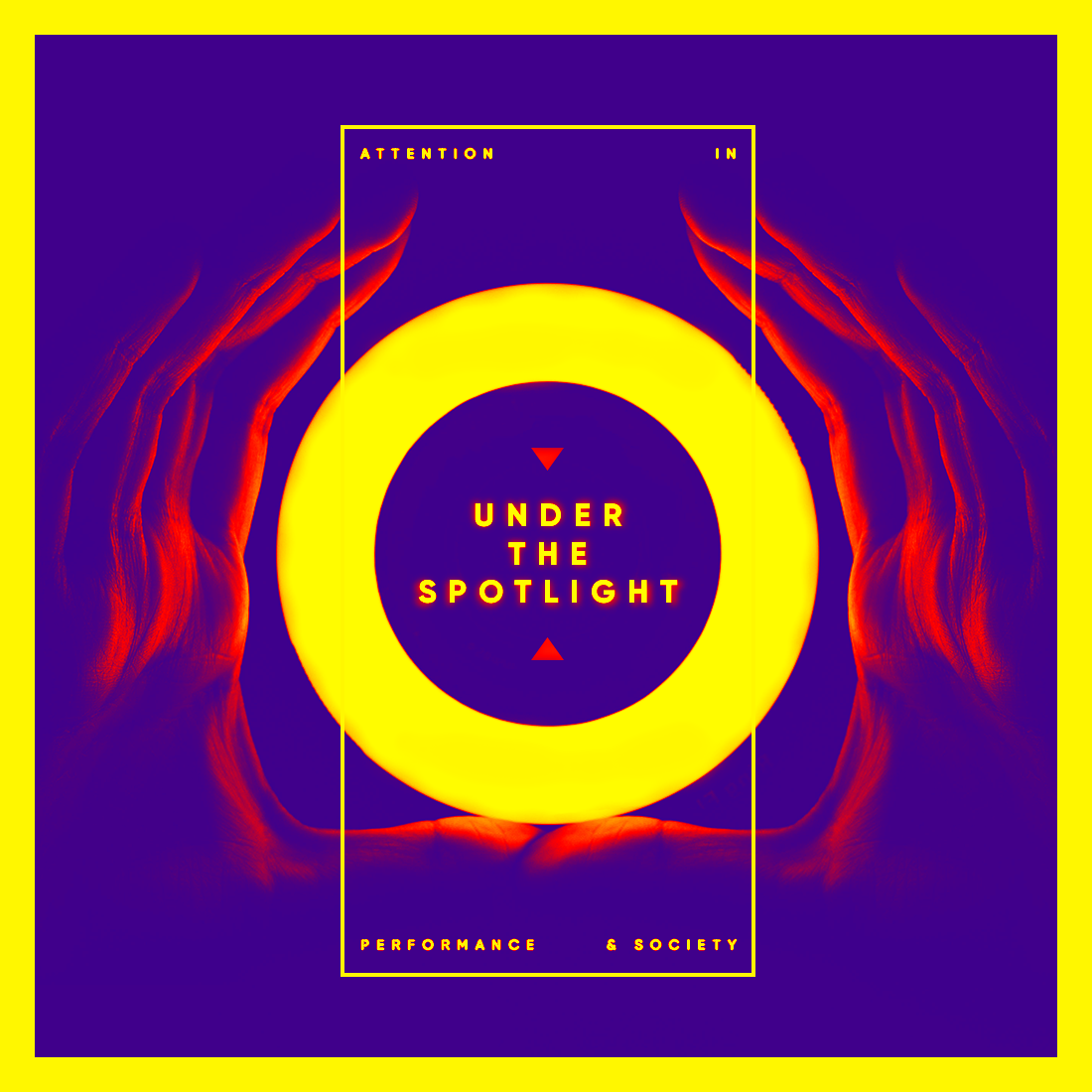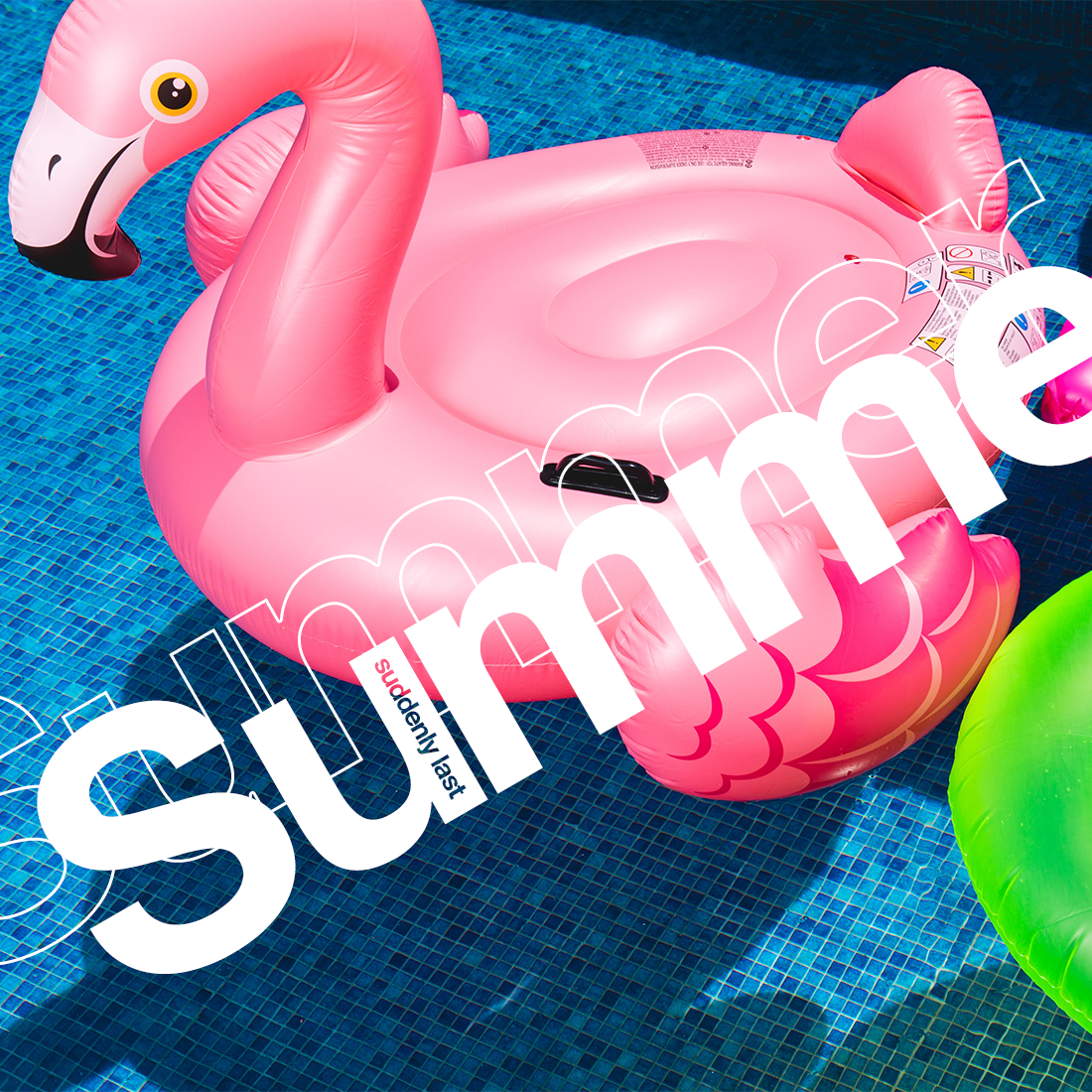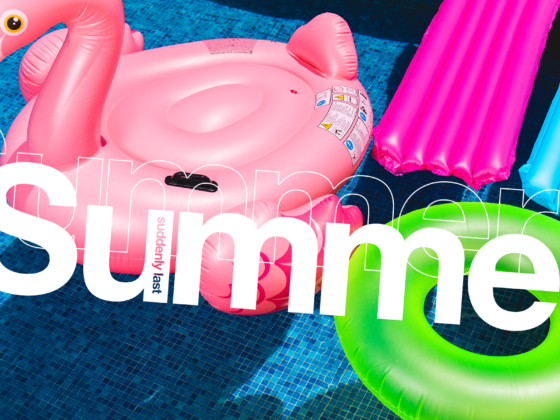CALEB LEWIS
They canceled the 2020 Tokyo Olympics. Well, postponed it really. But it feels the same as canceling it. For many, myself included, the periodic four year march of the Olympics serves as a metronome for measuring the passage of life. It makes us think about the other Olympic games we’ve had the privilege of living through, and of who we were at those times. For instance, 2016 was the year I moved out to California. I remember the uncertainty, fear, and excitement I had in this new land. But for a month in August I had the Rio Olympics. I had Simone Biles doing what seemed impossible, making me feel that I too could handle whatever came my way. I had the U.S. Women’s National Team crashing out against Sweden, focusing my own hurt. Knowing that we won’t have that this year, I can’t help but feel loss. It’s always a special feeling for diehard sports fans and casual citizens alike to know the Olympics games are being held. That for a moment the entire world is coming together to share in human excellence and beauty. It’s a moment when these world-class athletes show us that we’re capable of wonderful achievements if we just reach for it. In short, it’s a time of hope. A hope we need right now but can’t have.
Simone Biles’ Rio 2016 individual all-around Final routines | Top Moments | Source: © Olympic/YouTube
We’ve had to push hope aside in favor of hard truths. Currently the world is dealing with one of the worst pandemics in recent memory, a disaster that has affected over three and a half million people in our country alone, and over fourteen million worldwide. Against such a shattering force, it hardly seems right to focus on something so trivial as moving a ball from one side of a field to another. And yet, sports has become one of the many hotspots of contentious discussion. Now, of all times, why do we care?
(“How Can You Not Be Romantic About Baseball?”)
I reckon the return of sports in the face of coronavirus would be a matter of grave importance regardless of the season. But summer is hallowed ground. It might be the most cherished time of year for sports fans in this country. It’s the period when many find themselves outside, playing pickup games with neighbors, friends, and family. On the professional side, summer begins with the end of the NBA and NHL seasons and ends with the NFL ramping up. And while MLS and the NWSL also play through the dog days, the heart of the season still belongs to baseball.
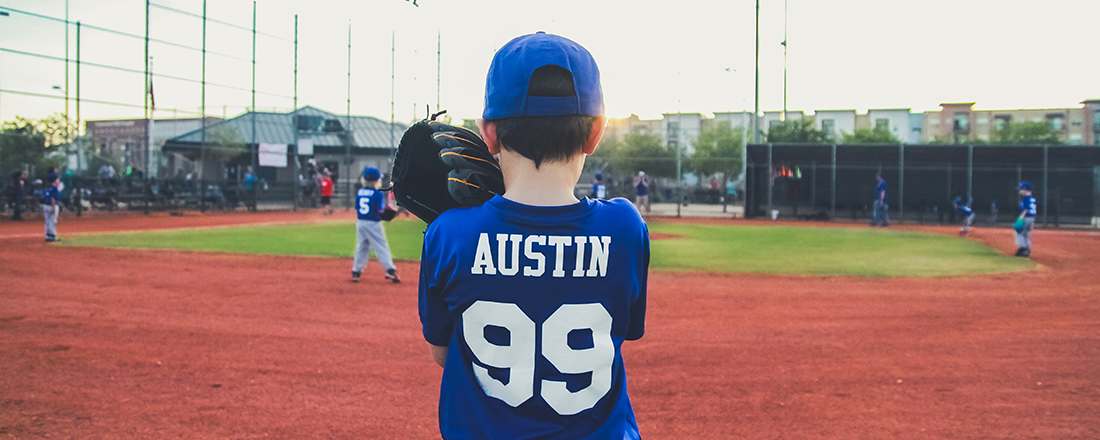
Almost all of my sports memories growing up belong to summer baseball. When I was a boy, it was almost a yearly ritual traveling to Turner Field to see Atlanta play, from the game spent rooting for Kenshin Kawakami’s first win of the season (which he didn’t get) and seeing Chipper Jones tiebreaking pinch-hit (which I remember as a sac fly but is recorded as a single) to attending the game celebrating the 75th anniversary of Lou Gehrig’s “Luckiest Man” speech. It’s a rite I continue to this day, though the faces and places have changed. Now, instead of my family, it’s my wife. And instead of Atlanta, it’s San Francisco. Going to baseball games is how I’ve marked the years (I went to a Charlotte Knights game with my groomsmen the night before the rehearsal dinner). The same is true for many people throughout this country, whether it’s major league teams or minor.
Gehrig delivers his famous speech at Yankee Stadium | Source: © MLB/YouTube
These deep, personal connections empower sports to comfort us during difficult times, acting as a force of normalization, reassuring us that “things are going to be ok.” Look at the return of sports after 9/11. Following the terrible tragedy, just about every form of entertainment took a pause as the nation mourned. It wasn’t until ten days later, on September 21st, that the first major sporting event was held: Atlanta versus the New York Mets in Shea Stadium. It ended in a Mets come from behind victory off of a two-run home run by Mike Piazza in the bottom of the eighth, a movie ending.
Alice Greenwald, the CEO and President of the 9/11 Memorial, said of that special evening,
“To this day, people remember that moment when they exhaled. They had been holding their breath for ten days. They didn’t know if they’d recover but then they knew they could.”
That game, and dozens of other sporting events like it, helped bring the nation back together to reaffirm a sense of community. They served as touchstones for many of us, shared reference points so we knew there was something we had in common. Something to focus on other than our fear and hurt. We want the same relief today. But we haven’t earned it.
(“We Made Too Many Wrong Mistakes”)
What is the cost of return? This question means two things. First, what are the necessary and sufficient conditions for a safe return of our pastimes? And second, what are the consequences if those conditions aren’t met? I won’t belabor the first meaning, primarily because a lot of great information has already been written and shared by people who know a lot more than me, which boils down to STAY HOME and WEAR MASKS. But additionally I’ll leave it alone because we’ve demonstrated we aren’t willing to undertake these simple instructions. This leaves us the consequences, which are just as likely to be downplayed by those urging a return to “normalcy.”
Against such a shattering force [as the COVID-19 pandemic], it hardly seems right to focus on something so trivial as moving a ball from one side of a field to another.
Many sports fans have the tendency to disregard the humanity of the athletes they’re watching. This is evidenced in the ways fans hope for injuries, abuse athletes from the stands, or use the common refrain “Shut up and play!” whenever a player has the audacity to share an opinion about anything other than sports. Now, with the dangers of COVID-19 looming, this callousness hasn’t changed. Since the start of the lockdown there has been a clamor to “bring sports back,” led by our very own President. During this time, much of the concern about the safety of those involved have come from the athletes themselves. And as sports have returned one by one following the return of the NWSL (The Earth is Healing!), the method of choice to keep athletes, coaches, support staff, etc. safe has been “The Bubble.” The idea is to create a miniature quarantined community in order to limit exposure to the virus and create the safest environment possible for games to be held. Even in the ideal world this asks a lot of those in the sports field. We’re asking sports workers to spend an extended amount of time away from friends and family during one of the scariest periods in recent history while simultaneously exposing them to danger through increased interaction with others. That’s the ideal.
How the bubble could change the NBA forever | NBA on ESPN | Source: © ESPN/YouTube
But as we know, we don’t live in an ideal world. The NWSL had one team drop out of the Challenge Cup before arriving in their bubble in Utah, while both FC Dallas and Nashville FC had to leave the MLS Is Back Tournament after being hit with COVID-19 outbreaks after arriving to the MLS bubble in Orlando. Meanwhile the NBA had a total of 25 players test positive during the initial testing in June before entering the NBA Bubble, with at least two confirmed cases after the formation of the bubble. Emotionally and physically, athletes, coaches, support staff, and all those involved are already paying the price for our entertainment.
(“There’s No Crying In Baseball”)
There has been one league whose return was more controversial than most: MLB. The hard negotiations between the owners and the players garnered headlines, primarily arguing that these acrid discussions hurt the fans and hurt the game in the face of more serious matters. They claimed that the players and owners were being selfish, caring about profits when the nation needed an escape. I understand this view; however, if any of us were in the shoes of an MLB player, wouldn’t we fight to ensure safety for ourselves and our families as well as fair recompense for risk?
Negotiations for the 2020 MLB season are a ‘complete, unequivocal mess’ – Jeff Passan | SportsCenter | Source: © ESPN/YouTube
We’re asking sports workers to spend an extended amount of time away from friends and family during one of the scariest periods in recent history while simultaneously exposing them to danger through increased interaction with others.
Eventually talks reached an impasse, resulting in MLB implementing a 60 game season with pro-rated pay for players. The following health and safety measures proposed by the league and adopted by the players include allowing teams to have a 30-man roster at the start of the season, the creation of a special COVID-19 injury list, the prohibition of spitting during the game, and requiring players to shower back at the hotel. The most noteworthy aspect of this modified season is that teams will travel from city to city within their geographic region. Hardly the same as a bubble. Regarding cases, since testing started in June, over 80 players have now tested positive for COVID-19. Now that Opening Day has come and gone, time will tell if the measures will be enough.
(There Is No Joy In Mudville)
Sports don’t exist in a bubble, and the effects extend beyond those directly involved. For fans, watching athletes play has a pacifying effect; it is a game, after all. Personally, as I’ve watched NWSL and MLS games, I’ve found myself sinking into a state of consolation, forgetting my fears about the pandemic as though I had drunk the waters of the river Lethe. Yet, the things we desire so desperately, solace and distraction, are hazardous to us at this moment. It’s impossible to quantify, but letting our guards down potentially exposes ourselves and those around us to danger. Florida, the home to the sports bubbles for MLS and NBA, has seen one of the worst outbreaks in the nation. Let me be clear, I’m not claiming there is causation, but the correlation is worth considering.
What is the cost of return? This question means two things. First, what are the necessary and sufficient conditions for a safe return of our pastimes? And second, what are the consequences if those conditions aren’t met?
Beyond the intangible effect of normalization, there is the very real demand on testing resources. USA Today estimates that the NBA, MLB, and MLS use about 19,000 tests a week. This large imposition pulls from the supply of available tests, as well as from the man hours needed to process them. Meanwhile, we have seen over 70,000 new cases nationwide in a single day. I’m not saying that athletes don’t deserve to be tested. Still, it hardly seems reasonable to add to the strain on our healthcare system just for our entertainment. To be fair, the nation has been pretty evenly split on the call for sports to return. A CNN poll of average Americans found that 48% of respondents supported leagues returning to play this year, while 47% did not (a split FiveThirtyEight finds roughly falls on partisan lines). Though, for what it’s worth, an ESPN study focusing specifically on sports-fans found that 65% of those surveyed were in favor of sports returning.
While there aren’t comprehensive polls revealing the players’ points of view, there have been notable holdouts, including Carlos Vela in MLS; USWNT players Tobin Heath, Christen Press, Megan Rapinoe in the NWSL; Avery Bradley and Trevor Ariza in the NBA; and Felix Hernandez, Ian Desmond, Buster Posey, David Price in MLB. Other players, such as CJ McCollum of the Portland Trail Blazers and Mike Trout of the LA Angels, have expressed concern over performing during the pandemic while simultaneously desiring to play, a sentiment echoed by groups of NFL and NBA players. Though, if we put financial considerations aside, how many more players would choose to opt out? Which makes me wonder: are we essentially forcing many of these athletes to return when they would rather be at home with their families?
Several professional athletes opt out of 2020 seasons | Source: © Yahoo Finance/YouTube
I watch UFC. Not religiously like some, but I’ll keep up to date and watch when there’s a fight I care about. It’s not exactly a morally defensible activity, so it wasn’t exactly a surprise when Dana White didn’t postpone UFC events while other leagues were going on hiatus. Instead he attacked journalists who questioned the safety of hosting fights. I mention this because there’s often moral wrongdoing in supporting sports; the UFC is only the most stark example. Immorality can be found in the brain damage suffered by NFL players, in the widespread corruption in FIFA, or in the NBA’s self-censorship concerning its relationship with its Chinese market, to name a few. Despite knowing these things we continue to watch and support the league, even when we try to focus on the well-meaning athletes themselves. I bring this up because COVID-19 only adds another layer of moral wrong to our proceedings. And yet it’s not like we’re all going to decide not to watch. I’ve already been watching MLS, NWSL, MLB, and yes, some UFC in recent weeks. I’m not condoning this behavior, I’m just trying to be realistic and honestly express my interactions with sports. Having already handwaved the cognitive dissonance between my values and the realities of sports-fandom, it’s that much easier to shrug off the ethical implications of sanctioning play during a pandemic.
[Sporting events] served as touchstones for many of us, shared reference points so we knew there was something we had in common. Something to focus on other than our fear and hurt.
(“It’s Our Game, The American Game”)
Meantime, sports around the world have come back, growing from countries with reasonable reactions to the pandemic and who now seem to have it under control. We have KBO and NPB for baseball fans, soccer leagues playing games throughout Europe, rugby and basketball with fan-attendance in New Zealand, as well as Formula 1 races being held worldwide. These sports have been able to return safely, and we have the means to watch and enjoy them. So why are we so preoccupied with bringing back American sports? I have a theory. Of all the arbitrary reasons to support a team or a league, often location is accepted as the most significant. We root for our local heroes, even if local means four hours away in Atlanta. It means something to us that our place, our home, is represented. And for many, America isn’t just our home, it’s the nonpareil of sports. America wins Gold Medals in the Olympics, America wins the Women’s World Cup, America has the best baseball and basketball leagues in the world, and America has the greatest sport known to man: American Football. We have hard proof as well as memories tied into our greatness as a nation (Team America, fuck yeah). It’s the same belief in American exceptionalism that’s led us to ignore much of the medical advice meant to save us. Our athletes have to play in order to prove our dominance as a nation. We have to visit bars to prove we’re not afraid. If America means freedom, then we have to exercise that freedom even when it’s dangerous. For many, then, the call to action isn’t a selfish desire to be entertained, it’s a moral obligation to stand up for the values deep-rooted in their identities. The problem isn’t that they don’t care at all, it’s that they care too much.
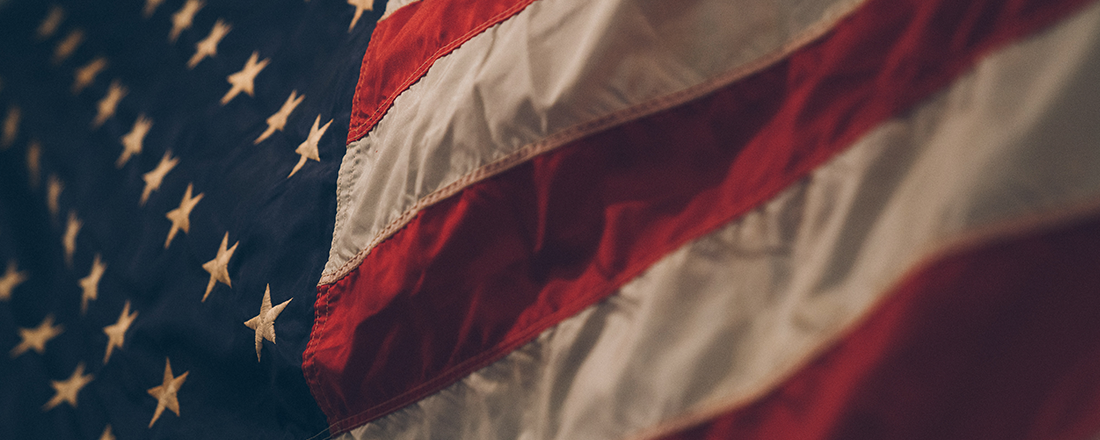
(“I Stare Out the Window and Wait For Spring”)
This isn’t a summer without sports. It’s a summer without sports as we know it. It’s a unique time that we’ll remember, adding memories on top of those we hold dear. But memories aren’t reliable; often sentimentality overwrites reality. You may have noticed something conspicuous in its absence: the name of the Atlanta baseball team. Don’t get me wrong, I love this team, and I remember performing the Tomahawk Chop with thousands in attendance. It was a feeling unlike any other. But as I’ve grown I’ve come to find the Chop and the team name distasteful, to say the least. My memories have stayed the same, as has the joy that comes with them. I’m the one who’s changed. The feelings of discomfort, and even shame, that come with remembering are new. My memories now have a different context, painted by my current knowledge and feelings about injustice and oppression. Often we don’t realize what we are complicit in at the time; only after do we learn our lesson. With this coronavirus we have had a rare opportunity to see our choices laid out before us and to recognize right. We’ve made our choice. I can only hope that we don’t end up remembering this period somberly, as a time when we sacrificed the health and careers of those in the sports field for our own petty desires. My fear is that this era too will succumb to warm, sepia-tinted nostalgia.

